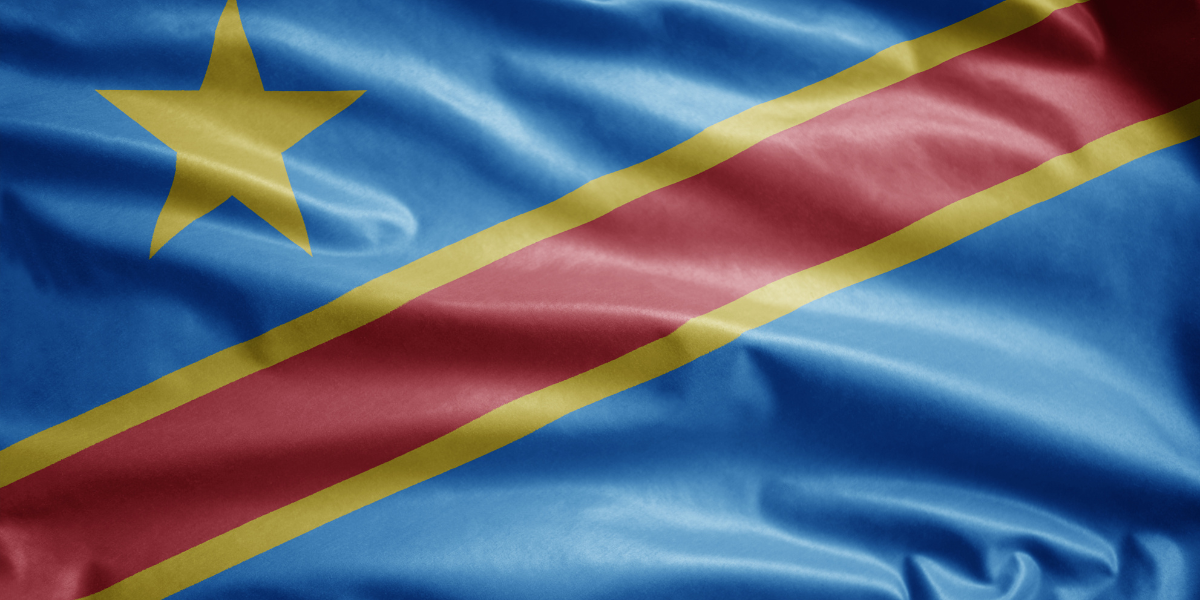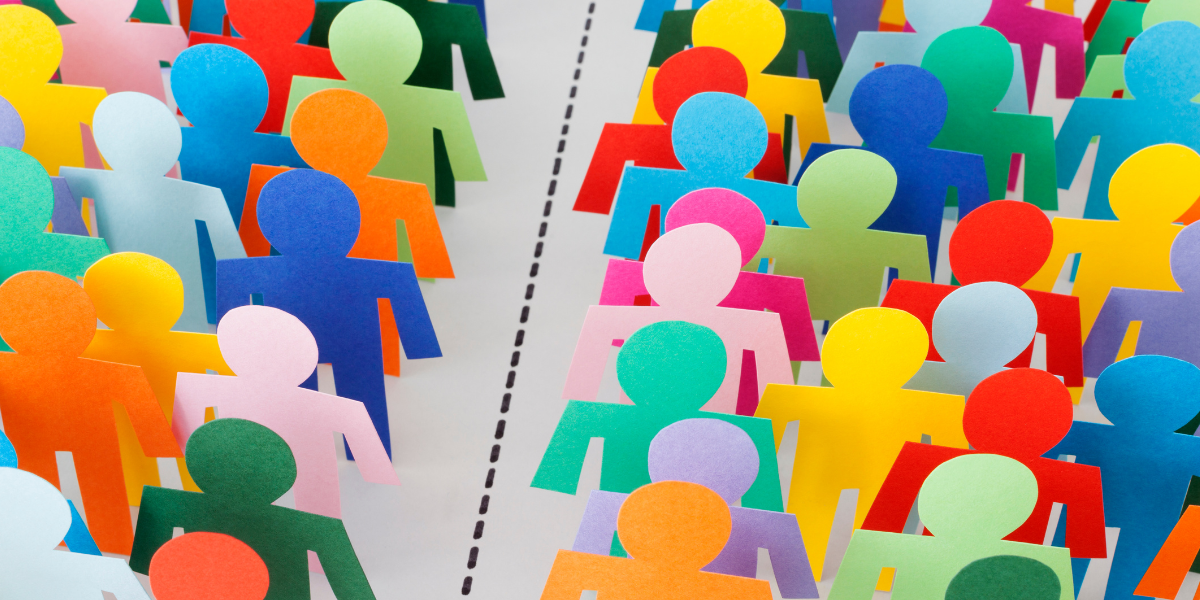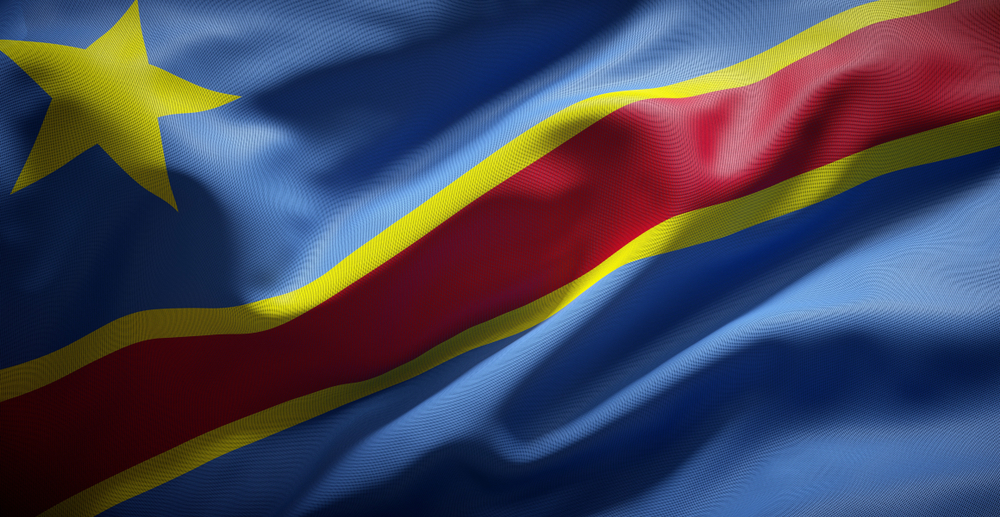Democracy in Turbulent Times
Kofi Annan attended the Oslo Center’s 10th anniversary celebrations and delivered a key note speech on democracy, the progress that has been made and the challenges that lay ahead. In the speech, Kofi Annan lays out a path to stabilising fragile democracies, looking at the central role of elections.
20 May 2016
Oslo Centre’s 10th Anniversary
Ladies and gentlemen, I am delighted to be here tonight to celebrate the tenth anniversary of the Oslo Centre dedicated to peace and human rights. It is wonderful that Kjell Magne should have continued serving the common good through this institution.
As Burke famously said, all it takes for evil to triumph is for good men to do nothing. Well, this good man is certainly not standing by in the face of today’s evils. Through his own remarkable life story, experience, and record of public service, Kjell Magne has made a huge contribution, both to his country, and to the wider world.
One of the most important qualities of a good leader is the ability to choose good teams. And here at the Centre, Kjell Magne has obviously been able to attract the right talents to make his project thrive for a decade. I am happy to see that the Vice-President of the National Democratic Institute (NDI), Shari K. Bryan, is also with us this evening. NDI, an esteemed partner of my own Foundation, has been supporting and strengthening democratic institutions worldwide for thirty years now, and established itself as one of the leaders in the field.
As we read the news today, with the noisy return of authoritarianism in parts of the world, it is all too easy to become despondent about the state of democracy. These are indeed turbulent times, and a growing number of voices insinuate or even declare that democracy may not the best system to deal with the serious challenges of our age. But we must not lose sight of the big picture. In reality, democracy has made huge strides since 1945, when there were fewer than a dozen democracies in the world. After several “waves” of democratisation, the majority of the world’s countries are now governed by democratic regimes, defined as systems with regular elections, constraints on the power of the executive, and a guarantee of civil liberties. Enshrined in the Universal Declaration of Human Rights and the International Covenant on Civil and Political Rights, the democratic principle is now incorporated in most of the world’s national constitutions too.
As the Global Commission on Elections, Democracy and Security, which I chaired, pointed out, all but 11 countries in the United Nations (out of 194), have organised national elections. I am pleased to report that the majority of the sixty elections that took place last year went smoothly, without major controversy. Yet even as elections are proliferating like never before, Freedom House estimates that 2015 marked the 10th consecutive year of decline in global freedom.
In a similar vein the 2016 World Press Freedom Index , compiled by Reporters without Borders, indicates “a deep and disturbing decline in respect for media freedom.” So while authoritarian leaders ride roughshod over political and civil liberties, they continue organising elections. That is an interesting paradox. They do so because they recognise that, whatever their propaganda, democracy is a universal aspiration, especially its four fundamental freedoms; Freedom of Speech, Freedom of Worship, Freedom from Want, and Freedom from Fear.
All around the world, people, and especially young people, are demanding a say in how they are governed, and by whom. And this is not just my personal opinion: the Pew Global Attitudes Survey finds that an overwhelming majority of the world’s population values democracy, and specifically “honest elections”. That is because elections remain the most potent symbol of democracy and its key mechanism for peacefully arbitrating political rivalries and competing policy programmes.
As a result, few leaders today contest democracy itself or regular elections. Indeed, in today’s world, only three countries openly admit to not being democracies. Instead, authoritarians focus on organising elections they are sure to win. I am told of a president asking a country representative why he should pay millions of dollars for sophisticated voting machinery that could tell him the results 24 hours after the election when he already knew the results before the election or before the first vote was cast. Authoritarian leaders too have perfected a range of ways of gaming elections in their favour, to ensure that a level playing field remains merely a sporting metaphor.
The task before us today, therefore, is no longer simply to campaign for democratic principles; we have to make sure that those principles are actually implemented. This cannot be done only from Oslo or Geneva, however. International players like the Oslo Centre, NDI, and the Kofi Annan Foundation have to work together with local civil society organisations, election commissions, and political parties on the ground to make democratic aspirations a reality. It was with this goal in mind that I created the Electoral Integrity Initiative, or EII.
The EII is essentially an informal network of elder statesmen and women, as well as leading international election organisations, including NDI, who have agreed to share their resources and know-how to support credible and peaceful elections, especially in politically fragile countries. The EII’s goal is not simply to campaign for democracy, but to concretely help countries address the five major challenges that stand in the way of elections with integrity.
First, the need to strengthen the rule of law so that elections and the rights of voters and candidates can be protected. Second, professional and independent national bodies, which can manage elections so that they are credible and the results are legitimate. Third, greater efforts are needed to build the institutions, processes and behaviors that are vital for genuine multi-party competition and the attribution of political power. Such elections bestow legitimacy on the winner, provide security for the losers, and end the “winner-takes-all” politics that discourages democratic practice. Fourth, the integrity of elections requires political equality. The barriers that prevent voting and wider participation in political life must be removed. Too often, women, young people, minorities and other marginalized groups are not given a full opportunity to exercise their democratic rights. Finally, unregulated money in politics undermines voters’ faith in elections and confidence in democracy. Vote buying and bribery of candidates, including by organized crime, have to be prevented in both aspiring and mature democracies. We must tackle the explosive growth in campaign spending that is damaging confidence in electoral equality by strengthening fears that wealth buys political influence.
Ladies and gentlemen, I see ensuring elections with integrity as one of the key challenges in today’s world because, without legitimate elections, democracy itself is undermined. Around the world, even as people cling to democratic principles, public trust in democratic institutions and practices is falling to dangerously low levels, and not just in young democracies. There is a sense that democracy is being hollowed out, that its institutions and processes are not functioning properly, or not in favour of the people in whose name they were set up. In many countries, we see democratically-elected leaders becoming increasingly authoritarian and trying to stay in power indefinitely. Rather than impose their rule through brute force, they subvert the legal and democratic framework. It is rule by law, rather than rule of law. This may be expedient and effective in the short run, but it is grave mistake in the long run, because legality is not legitimacy.
If citizens do not believe they can change their leaders through the ballot box, they will find other ways, at the risk of destabilising their countries. This is why I believe that the task of deepening democracy is essential not just for good governance and human rights, but for peace itself.
I have no doubt that Kjell Magne Bondevik and the Oslo Centre will continue to play a vital role in helping us achieve that worthy ambition.



